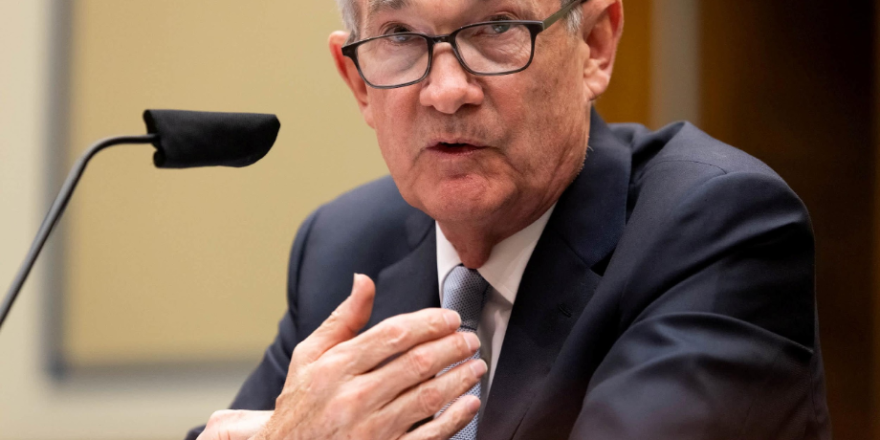Speculation continues to rumble on that Japan may consider intervening in markets to support its currency after the yen broke through the 130 mark against the dollar last week. The sharp slide followed the Bank of Japan’s ramped-up defense of its rock-bottom yield target.
While Japanese officials stepped up their warnings against further sharp moves in the currency after the drop, even their stronger language suggested that market players still don’t need to be on maximum intervention alert just yet.
Fueling the falls in Japan’s currency is the sharp divergence in policy between the BOJ and other central banks that are racing to raise rates to tame inflation. The yen has slipped more than 11% against the dollar so far this year as the worst performing G10 currency.
For now, Prime Minister Fumio Kishida and BOJ Governor Haruhiko Kuroda appear to be following a division of labor on policy. The government last week offered $48 billion in relief measures to consumers and businesses struggling with higher energy and food prices amplified by the weaker yen, while the central bank stuck with its support for the economy through ultra-low interest rates.
Of economists polled before the BOJ met last week, 81% said currency intervention was unlikely to take place, while 40% said the yen at 130 against the dollar was still positive for the economy overall compared with 24% who said it wasn’t.
The difference between the Fed and the BOJ is now clearer than ever, economists say intervention may simply provide speculators with an opportunity to buy the dollar again after initial falls triggered by Japan’s yen buying.
Unlike yen-selling intervention, during which Japan can keep issuing debt to provide funds if needed, efforts to prop up the currency by buying are constrained by Japan’s foreign currency holdings. That limits how much the government can hurt speculators over the longer term.
With daily trading in excess of $6.6 trillion, foreign exchange is the world’s biggest financial market and is ultimately too big for Japan to fight on its own with any hope of success.
The hurdle for help from abroad also seems very high when Japan’s own monetary policy is contributing to the market moves.
In its semiannual report on currency manipulation, the U.S. Treasury states that disorderly market moves have to be extraordinary to warrant help, citing the Asian financial crisis, volatility following the euro’s introduction and moves after the tsunami in Japan as the only three examples since 1996.
Finance Minister Shunichi Suzuki last month met U.S. Treasury Secretary Janet Yellen. He said they discussed currencies as a part of talks concerning their respective economies. Suzuki denied a Japanese media report that they discussed joint intervention.
The speculation over intervention is likely to continue all the same. If the currency continues to slide, cracks could also emerge in the consensus between the central bank and the government. Japanese companies and households are becoming increasingly vocal about the negative effects of the weaker currency, as input and energy costs soar.






